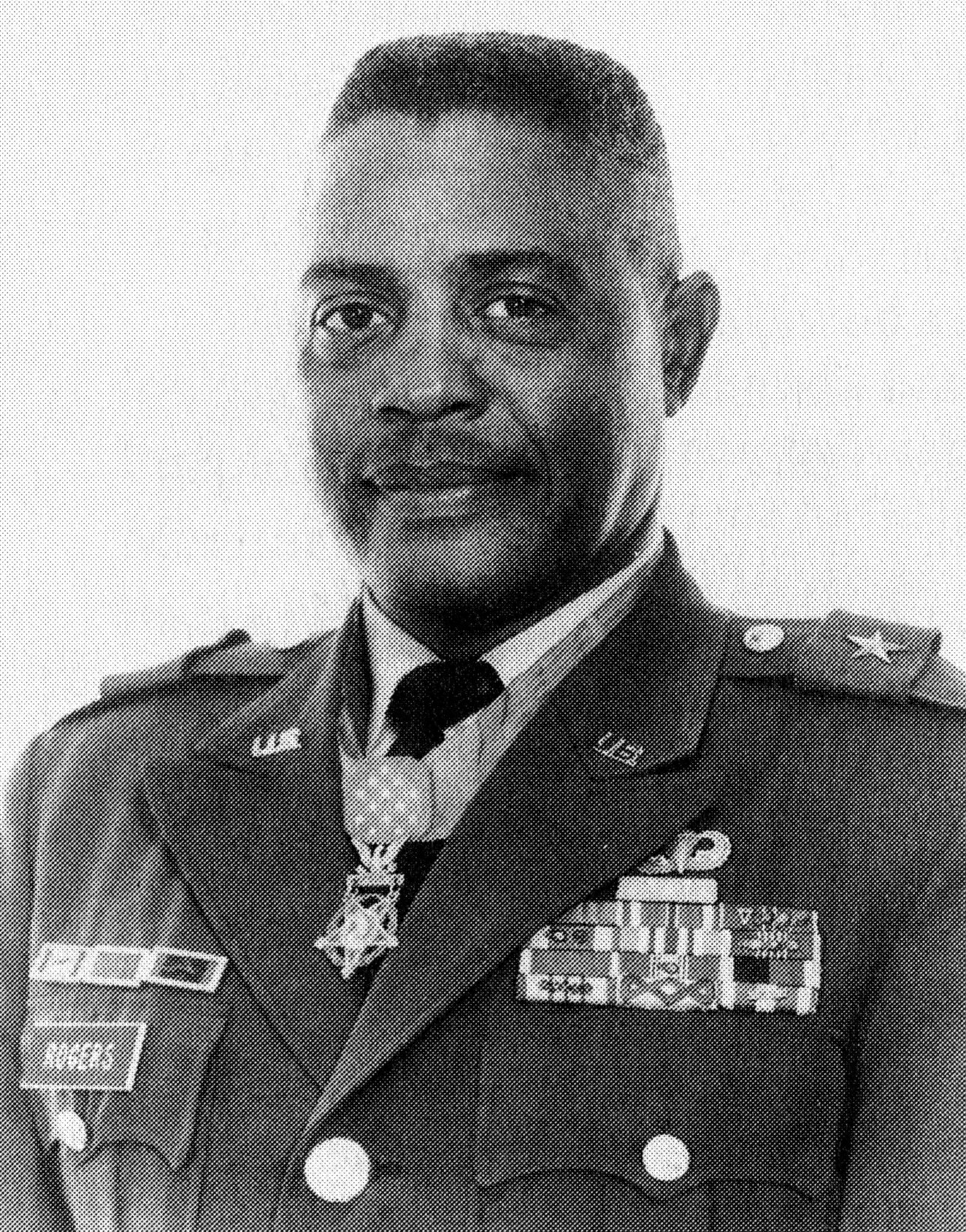In a recent development, the U.S. Department of Defense has taken down the webpage dedicated to Major General Charles Calvin Rogers, an African American Medal of Honor recipient renowned for his valor during the Vietnam War. Visitors to the page now encounter a “404” error, indicating its removal. Notably, the URL has been altered to include “DEI,” potentially referencing “diversity, equity, and inclusion.”
Major General Charles Calvin Rogers: A Legacy of Valor
Born on September 6, 1929, in Claremont, West Virginia, Charles Calvin Rogers embarked on a distinguished military career that spanned over three decades. His most celebrated act of bravery occurred on November 1, 1968, near the Cambodian border during the Vietnam War. As a lieutenant colonel commanding the 1st Battalion, 5th Artillery, 1st Infantry Division, Rogers and his unit faced an intense enemy assault. Despite sustaining multiple injuries, he led counterattacks and directed artillery fire, ultimately repelling the enemy forces. For his extraordinary heroism, he was awarded the Medal of Honor on May 14, 1970, by President Richard Nixon, making him the highest-ranking Black soldier to receive this honor.
Post-Military Contributions
After retiring from the Army in 1984 as a major general, Rogers dedicated himself to advocating for race and gender equality within the military. He also served as a Baptist minister, continuing his commitment to service until his passing in 1990.
Community Response and Concerns
The removal of Rogers’ tribute page has sparked discussions about the Department of Defense’s approach to honoring historical figures, especially those from marginalized communities. Observers have noted that the URL’s alteration to include “DEI” raises questions about the department’s commitment to diversity, equity, and inclusion initiatives. As of now, the Department of Defense has not issued an official statement regarding the webpage’s removal or the reasoning behind it.
Implications and Reflections
The disappearance of Major General Rogers’ webpage underscores the broader discourse on how institutions recognize and preserve the legacies of trailblazers from underrepresented backgrounds. As conversations about diversity and inclusion continue to evolve, the manner in which these narratives are maintained and honored remains a pivotal concern for both the military community and the public.

